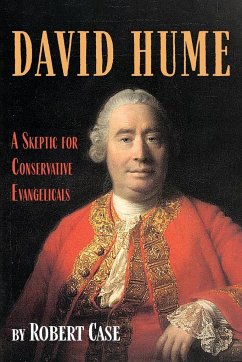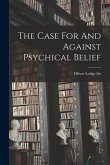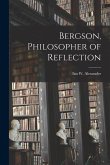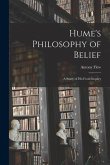A unifying theme of Loeb's work is epistemological - that Descartes and Hume advance theories of knowledge that rely on a substantial 'naturalistic' component, adopting one or another member of a cluster of psychological properties of beliefs as the goal of inquiry and the standard for assessing belief-forming mechanisms. Thus Loeb shows a surprising affinity between the epistemologies of the two figures -- surprising because they are often thought of as polar opposites in this respect. Descartes and Hume are unique in that their philosophical texts are accessible beyond just a narrow audience in the history of philosophy; their ideas continue to be a vital part of the field at large. This volume will thus appeal to advanced students and scholars not just in the history of early modern philosophy but in epistemology and other core areas of the discipline.
Hinweis: Dieser Artikel kann nur an eine deutsche Lieferadresse ausgeliefert werden.
Hinweis: Dieser Artikel kann nur an eine deutsche Lieferadresse ausgeliefert werden.

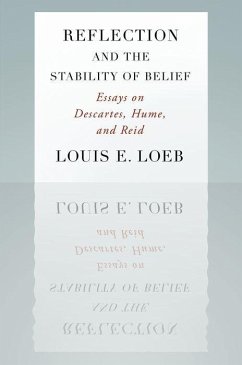
![Aids to Reflection in the Formation of a Manly Character on the Several Grounds of Prudence, Morality, and Religion [microform]: Illustrated by Select Aids to Reflection in the Formation of a Manly Character on the Several Grounds of Prudence, Morality, and Religion [microform]: Illustrated by Select](https://bilder.buecher.de/produkte/65/65572/65572869m.jpg)
